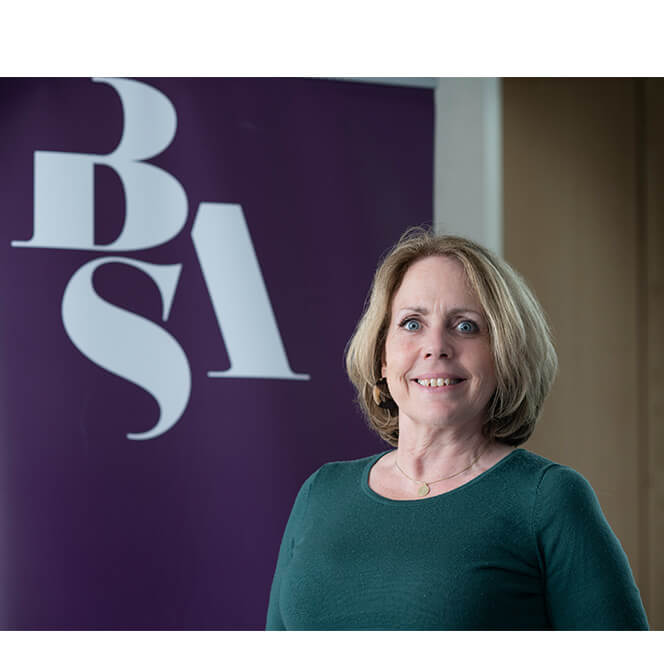Another year, another BSA conference. I have lost count of how many annual conferences I’ve been at, but I always come away feeling positive about sociology and always for some unexpected reasons. This year was no different.
There were of course the usual pleasures in being part of a critical mass of sociologists – over 600 this year – in one place, at one time, with a packed programme of sociological activity from (almost) dawn to (well after) dusk. The time and space that a conference gives to concentrate on sustained sociological discussion, thought, critique, humour, and everything else, is both a privilege and quite exhausting! I’ve often heard the joke that we are more likely to meet our colleagues at conferences than in our home departments, and that was as true as ever. So too of course the opportunity to catch up with those we only ever see at conferences. And for me it is often the serendipitous meetings that define a conference, the discussions I didn’t expect, the people I hadn’t met before, the things I hadn’t thought about nearly enough before, or even ever. The conference draws together a sociological diaspora, from sociology departments, from joint departments, from business schools and criminology departments from outside academia and from the sociology publishing industry, from the UK and beyond (this year from 36 countries including Australia, India, Nigeria and the USA).
And there were of course the keynotes. These were fantastic, as usual. This year’s lectures by Satnam Virdee, Nonna Mayer and Imogen Tyler were a testament to the breadth and depth of the sociological endeavour – from Satnam’s sweeping historical account that demonstrated the centrality of anti-colonial, anti-racist, and equal rights social movements to the evolution of modernity; to Nonna’s meticulous statistical analysis teasing apart and questioning the links between social exclusion, voting behaviours and the rise of the right in France; to Imogen’s powerful presentation of evidence from the Morecombe Bay Poverty Truth Commission, woven into a theoretical framework for the operation of ‘stigma machines’.
It feels to me that Sociology is more important now than ever but I suspect that the same claim might legitimately be made at many other historical moments, so I’m making a grander claim about the importance of sociological expertise in all times and spaces (which is perhaps one universal claim that I can get away with here!). To refine this claim more specifically for the present: it seems to me that we are at a moment where there is particular demand for sociological insight and contribution from beyond the boundaries of our discipline. It feels like the specialist expertise that we have, painstakingly built in our everyday work, is not only as relevant as it has always been but is in demand than ever as the public, the media, policy officials, and yes even industry, seek to make sense of the changes we are all living through. Yes, there are plenty of contradictions, yes, the whole field is riven with power in various forms but I am optimistic. Optimistic that there are real opportunities for sociology to make a difference, not only in the present but in shaping the future.
Confirmation of this came from an unexpected source, as the BSA was given a formal welcome to Glasgow by Baillie Aibinu at the annual dinner. The formal welcome was unusual enough, and much appreciated, but as Ballie Aibinu made it clear that sociology was vital to the future of his city and indeed of the wider world. As a chemist, this was not his home territory, but his comments resonated with all of us there and were testament to a world where our expertise is much in demand.
Finally – I can’t let this opportunity pass without mentioning the recipients of the 2019 BSA annual prizes. The role of President is varied and often responsive to unfolding events – most recently Bolsonaro in Brazil and the plans for academic publishing under Plan S (read the AcSS response here). But our annual prizes are a constant. The BSA Distinguished Service Award marks the achievements of outstanding sociologists who have led all the past responses to issues of the day, and sustained sociology as a collegial, vibrant and engaged discipline. This year we had two prizes in this category and the hugely worthy and highly popular winners were: Professor Alan Warde (University of Manchester); and Jane Egerton and Professor Laurie Taylor (BBC Radio 4, Thinking Allowed). The Philip Abrams memorial prize for the best first book in sociology has become a marker nearer the start of outstanding careers to come, and this year’s winner Remi Joseph-Salisbury will be no exception, as is already clear from his contribution to activist sociology and public engagement.
Conference is a show of strength. Roll on 2020.


